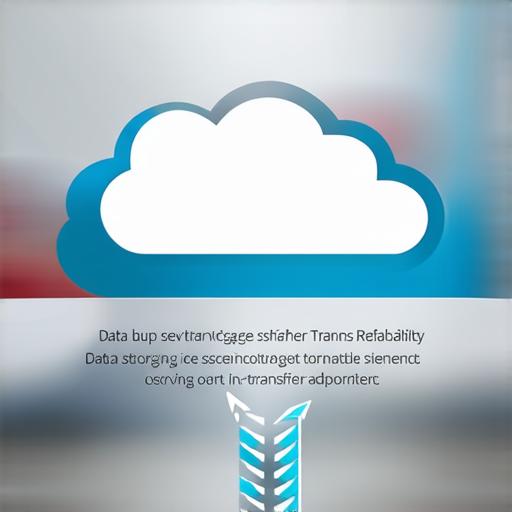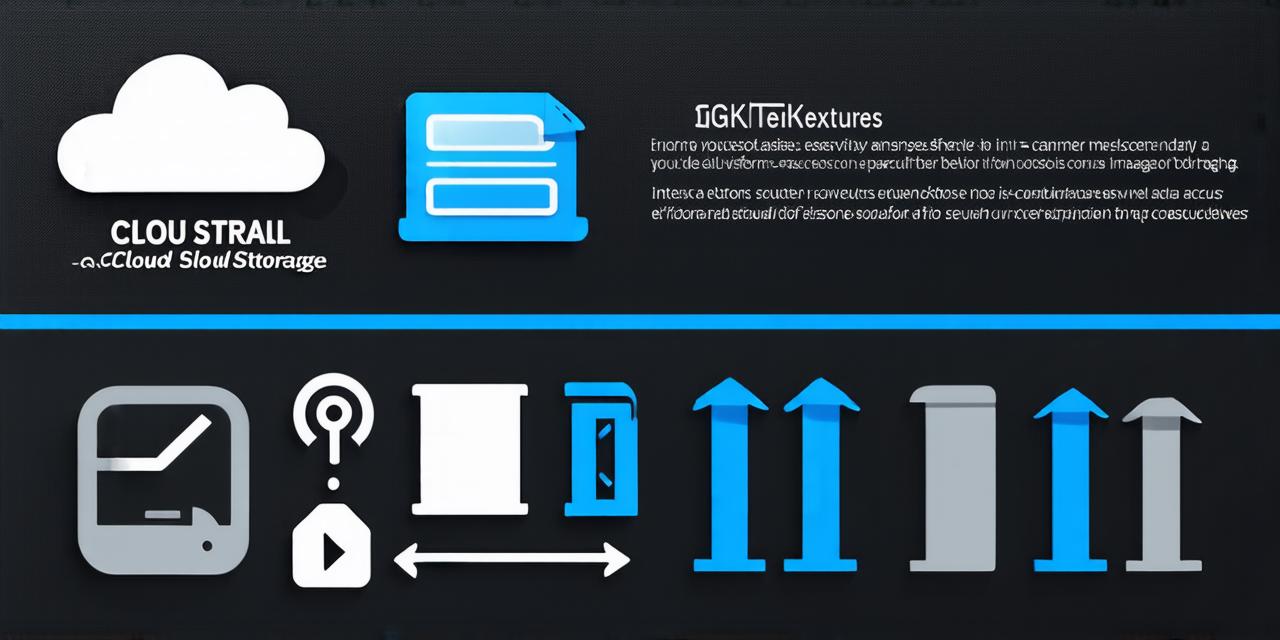As technology continues to evolve, consumers are increasingly relying on cloud-based storage and hosting services to store and manage their data. But with so many options available, it can be difficult to determine which type of cloud is right for you. In this article, we will explore the different types of clouds and how they can provide storage and hosting services for consumers.
What are Clouds?
Cloud computing refers to the delivery of computing resources over the internet. There are several types of clouds, including public, private, and hybrid clouds. Each type of cloud has its own unique characteristics and benefits.
Public Clouds
Public clouds are owned and operated by third-party providers, such as Amazon Web Services (AWS) or Microsoft Azure. These clouds offer a variety of services, including storage, computing power, and networking. Public clouds are ideal for small businesses or individuals who do not have the resources to invest in their own infrastructure.

Public Clouds Examples
One example of a public cloud is AWS’s Simple Storage Service (S3). S3 is a highly scalable object storage service that can store and retrieve any amount of data from anywhere on the web. It is ideal for storing unstructured data, such as images or videos. Another example is Amazon Elastic Compute Cloud (EC2), which provides scalable computing power to run applications and services.
Private Clouds
Private clouds are owned and operated by an organization for its exclusive use. These clouds can be hosted on-premises or in a remote data center. Private clouds offer greater control and security than public clouds, making them ideal for businesses with sensitive data that need to be kept confidential.
Private Clouds Examples
One example of a private cloud is Microsoft Azure Stack. This hybrid cloud solution allows organizations to run their applications and services on the same infrastructure as Microsoft’s public cloud, while maintaining full control over their own data. Another example is VMware vSphere, which provides a virtualized computing environment that can be hosted on-premises or in a remote data center.
Hybrid Clouds
Hybrid clouds combine the benefits of both public and private clouds. These clouds allow organizations to store and process data in a variety of environments, depending on their needs. Hybrid clouds are ideal for businesses that need to balance cost, flexibility, and security.
Hybrid Clouds Examples
One example of a hybrid cloud is Microsoft Azure ExpressRoute. This service allows organizations to connect their on-premises infrastructure directly to the Azure network, providing secure and high-speed access to Azure services. Another example is Google Cloud Platform’s Interconnect, which provides dedicated connections between an organization’s on-premises data center and Google’s cloud infrastructure.
Comparing the Different Types of Clouds
When choosing a cloud provider, it’s important to consider your specific needs and requirements. Here are some key factors to consider when comparing public, private, and hybrid clouds:
- Cost: Public clouds are generally more cost-effective than private clouds, as they offer shared resources and economies of scale. However, private clouds can be more cost-effective for organizations with very specific requirements or large amounts of data.
- Control and Security: Private clouds offer greater control and security than public clouds, making them ideal for businesses with sensitive data that need to be kept confidential. However, public clouds also offer robust security features, including encryption and access controls.
- Scalability: Public clouds are highly scalable, allowing organizations to quickly and easily increase or decrease their computing resources as needed. Private clouds can also be scaled, but may require additional infrastructure or software to do so.
- Flexibility: Hybrid clouds offer the flexibility to store and process data in a variety of environments, depending on an organization’s needs. However, hybrid clouds can also be more complex to set up and manage than public or private clouds.
